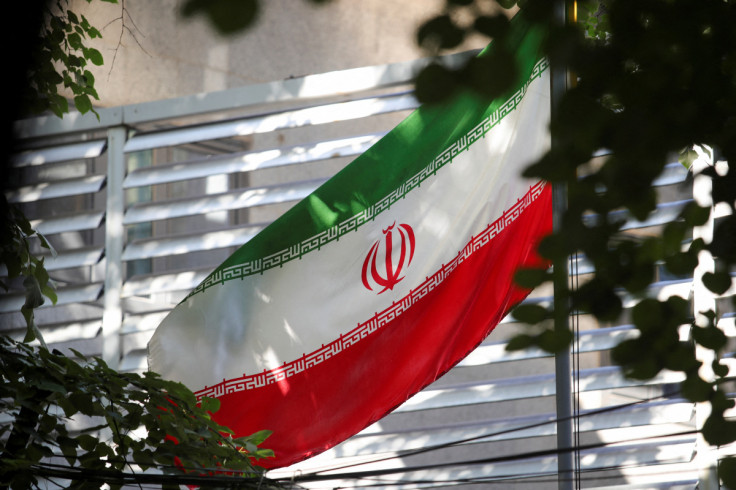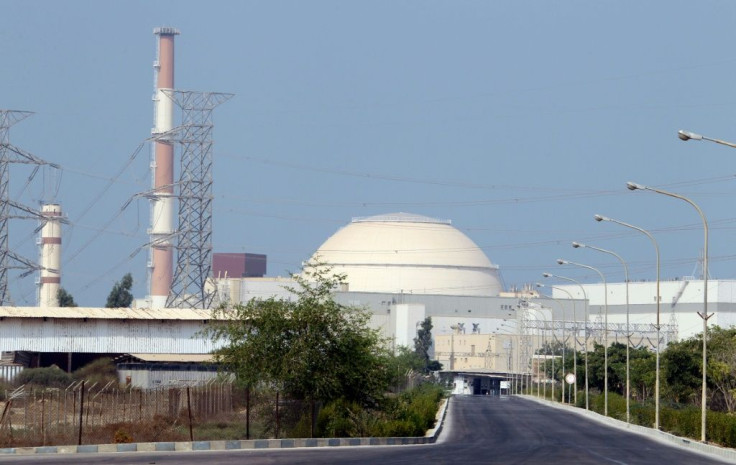Iran, US Nuclear Deal Could Be Revived If Washington Stops Procrastination: Kanaani

KEY POINTS
- Iran's foreign ministry claimed that the U.S. is delaying negotiations to revive the 2015 nuclear deal
- Iran urged the U.S. and other Western parties to show "political determination"
- Iran insists its nuclear program is "peaceful" despite reports that it is now capable of developing weapons
Iran said Monday that it is possible to reach an agreement to revive the nuclear deal if the U.S. and other Western parties stop delaying negotiations.
Iranian Foreign Ministry spokesperson Nasser Kanaani said that an agreement "is possible both in term[s] of the technical and political aspects" but claimed that "the other sides, especially the U.S., have procrastinated" on salvaging the nuclear deal, the Times of Israel reported.
He urged the U.S. and other Western countries to show "political determination" for a return to its implementation.
The foreign ministry spokesperson also insisted that Iran's ongoing nuclear activity is "peaceful" and that its policy does not allow any issues related to its nuclear program to hinder the country's cooperation with the United Nations nuclear watchdog International Atomic Energy Agency (IAEA).
Under the Joint Comprehensive Plan of Action (JCPOA), as it is formally known, Iran agreed to limit its sensitive nuclear activities and allow in international inspectors in return for the lifting of crippling economic sanctions.
But five years ago, the U.S., under then-President Donald Trump, unilaterally withdrew from the nuclear deal the country had signed in 2015 with Tehran and other world powers and reimposed sanctions on Iran.
Trump described the Iran nuclear deal as a "horrible one-sided deal."
"It didn't bring calm, it didn't bring peace, and it never will," the former president said, the New York Times reported.
Trump's decision to withdraw was met with opposition from European leaders and even former President Barack Obama, who oversaw the crafting of the agreement under his term.
President Joe Biden has tried to restart negotiations with Iran, but his attempts also failed, with no significant progress having been made.
As the negotiations with the U.S. stalled, Iran signaled it was ready to reach an agreement with the E.U. based on the compromised nuclear deal drafted last year, according to Mohammad Marandi, the "media adviser" to Tehran's negotiating team.
With no agreement in place, Iran continues to develop its nuclear program, which is now capable of producing weapons of mass destruction.
Last Friday, Israeli Defense Minister Yoav Gallant warned that Iran has already amassed enough fissile material to produce at least five nuclear weapons after the country enriched its uranium to up to 60%.
"Iranian progress, and enrichment to 90%, would be a grave mistake on Iran's part and could ignite the region," Gallant said.
Gallant's stark warning was echoed by Israeli Prime Minister Benjamin Netanyahu, who told a visiting bipartisan U.S. congressional delegation that Iran is equivalent to "50 North Koreas."
In February, U.S. Defense Undersecretary Colin Kahl warned that Iran can now produce one bomb's worth of fissile material in "about 12 days," highlighting Tehran's progress after the U.S. pulled out from the nuclear deal.
A confidential report by IAEA also revealed that Iran had produced uranium particles enriched to up to 83.7%, which means the Islamic country is now close to producing weapons-grade uranium with 90% purity.

© Copyright IBTimes 2024. All rights reserved.






















